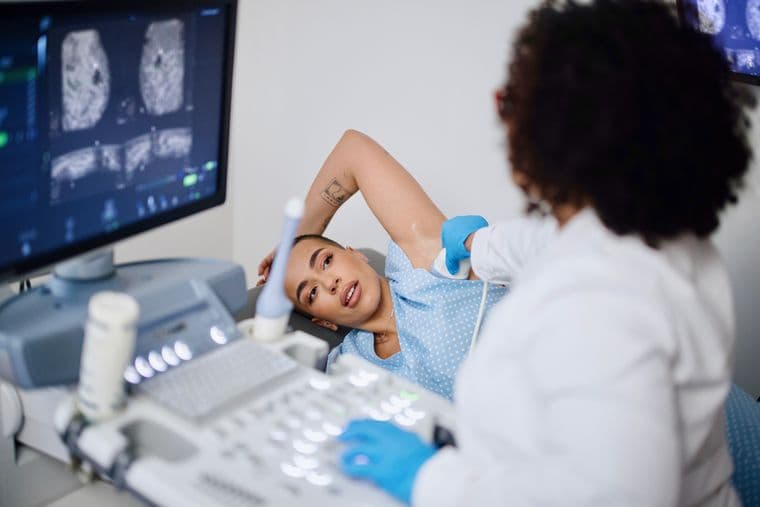Over 1,000 people with advanced breast cancer set to benefit from new once-a-day tablet
We’ve issued final draft guidance recommending a new once-a-day tablet that is set to benefit around 1,100 people with a type of advanced breast cancer.

Our final draft guidance recommends elacestrant (also called KORSERDU and made by Menarini Stemline) for treating oestrogen receptor-positive, human epidermal growth factor receptor 2-negative (HER2-), locally advanced or metastatic breast cancer with an activating ESR1 mutation.
Elacestrant is recommended only if a person’s cancer has got worse after at least 12 months of treatment with hormone therapy and a type of treatment designed to interrupt the growth of cancer cells called a CDK 4 and 6 inhibitor.
Today’s decision means we’ve recommended 22 out of the 23 breast cancer treatments we’ve assessed over the past 6 years.
Until now there have been no targeted treatments available on the NHS for advanced breast cancer that has an ESR1 mutation.
Elacestrant can also be used for people whose cancer has a mutation in the PIK3CA gene as well as an activating mutation in the ESR1 gene.
After initially not recommending elacestrant because of uncertainties in the evidence, we worked with the company to address these and other issues highlighted by the independent appraisal committee.
At its second meeting the committee further explored the uncertainty and decided that a severity weighting of 1.2 could be applied to the subgroup of people with an activating ESR1-mutation.
By taking into account the severity of the disease in this way it meant elacestrant could be recommended as a cost-effective use of NHS resources for people whose cancer has a mutation in the ESR1 gene as well as for people whose cancer has a mutation in both the ESR1 and PIK3CA genes.
The committee heard from the clinical and patient experts that people whose advanced breast cancer has an ESR1 mutation tend to have worse survival than people whose cancer doesn’t have this mutation. Disease progression also tends to be faster for breast cancer with an ESR1 mutation.
Helen continued: “The committee understood that patients living with advanced breast cancer prioritise treatments that extend life, support quality of life, and delay the need for chemotherapy, while being safe and tolerable.
“Elacestrant is a promising new treatment with the potential to address these priorities. We’re therefore pleased to be able to recommend it as a good use of NHS resources and value for money for taxpayers.”
Oestrogen receptor positive, HER2- breast cancer is the most common type of breast cancer. Up to half of the advanced or metastatic breast cancers treated with hormone therapy develop mutations in the oestrogen receptor gene, ESR1. The ESR1 gene makes oestrogen receptors which receive signals from oestrogen that tell the cancer to grow. This can cause some hormone therapies to stop working and the cancer to get worse.
Elacestrant is a type of hormone therapy called a selective oestrogen receptor antagonist and degrader. It stops oestrogen-dependent cancer cells growing by binding to and degrading oestrogen receptors, blocking oestrogen’s ability to bind to breast cancer cells.
It is estimated around 1,100 people will now be eligible for elacestrant on the NHS in England.